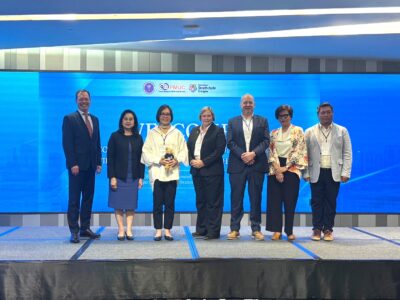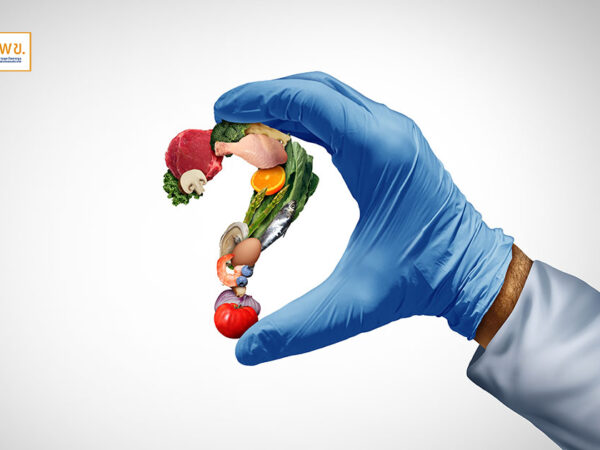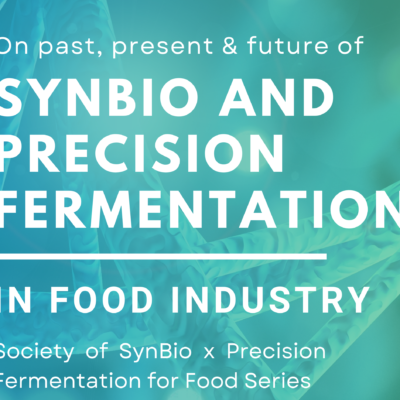
The research team in Environmental Nanotechnology (ENV) at the National Nanotechnology Center, National Science and Technology Development Agency (NSTDA), led by Dr. Chalita Rattanathewanet, is promoting the idea of synthesizing Metal-Organic Frameworks (MOFs) using recycled PET (rPET) plastic bottles as the organic ligand, focusing on sustainable synthesis, scalability, and eco-friendly chemistry. This research is supported by research funding from the Program Management Unit for Competitiveness (PMUC) under the Circular Economy Subcommittee.
Polyethylene terephthalate (PET) is a widely used plastic in various industries, particularly in beverage packaging and plastic water bottles that are commonly found in the market. The increasing use of PET bottles has led to a significant amount of plastic waste. Therefore idea of utilizing recycled PET (rPET) bottles as the organic ligand in the synthesis of Metal-Organic Frameworks (MOFs) is a challenging and innovative approach. The research team at the National Nanotechnology Center, NSTDA, led by Dr. Chalita, proposes to combine their expertise in MOF synthesis with the knowledge of breaking down plastics into monomers, aiming to transform plastic waste into higher value-added materials. MOFs are highly porous materials, similar to sponges, and they serve as excellent adsorbents for environmental remediation. In 2019, the International Union of Pure and Applied Chemistry (IUPAC) recognized MOFs as one of the ten emerging technologies in chemistry that can contribute to sustainability.

Dr. Chalita stated, “The plastics we use today are derived from synthesis, and, therefore, when we chemically break down used plastic products, we can transform them into chemical platforms that can be reintegrated into various industries. However, recycling should follow the green chemical recycling approach, which is environmentally friendly, cost-effective, and energy-efficient. In the case of PET, terephthalic acid is the primary component, and it can be used as an organic ligand in the synthesis of Metal-Organic Frameworks (MOFs). Transforming plastic bottles made of PET into value-added materials like MOFs is one option to promote the circular economy. Furthermore, MOFs are popular for study due to their various intriguing properties, including high surface area, modifiable porosity, and the ability to be reused. Thus, our research team aims to synthesize MOFs using PET bottles as an organic ligand, with a focus on sustainable synthesis, scalability, and eco-friendly chemistry.”
For this project, the PMUC has provided research funding since the year 2021. At the end of past July, the Circular Economy Subcommittee, along with a panel of experts, conducted an on-site inspection of the project at the National Nanotechnology Center, NSTDA. The research team has progressed in the project by more than 75%. The research team has designed and developed a continuous flow reactor system set, which is a prototype machine that the research team designed and developed for the synthesis of MOFs. They have successfully conducted various experimental syntheses to determine the most efficient synthesis method. It was concluded that the synthesis process using the continuous flow system is efficient and effective, suitable for scaling up MOF production for industrial purposes. In the next phase, the research team plans to continue synthesizing and comparing the properties of MOFs in a commercial context. They will study market data, analyze economic and social data, and collaborate with the NANOTEC support team. Additionally, they will study environmental impacts and conduct a Life Cycle Assessment (LCA) of the MOF synthesis system within the project.





















